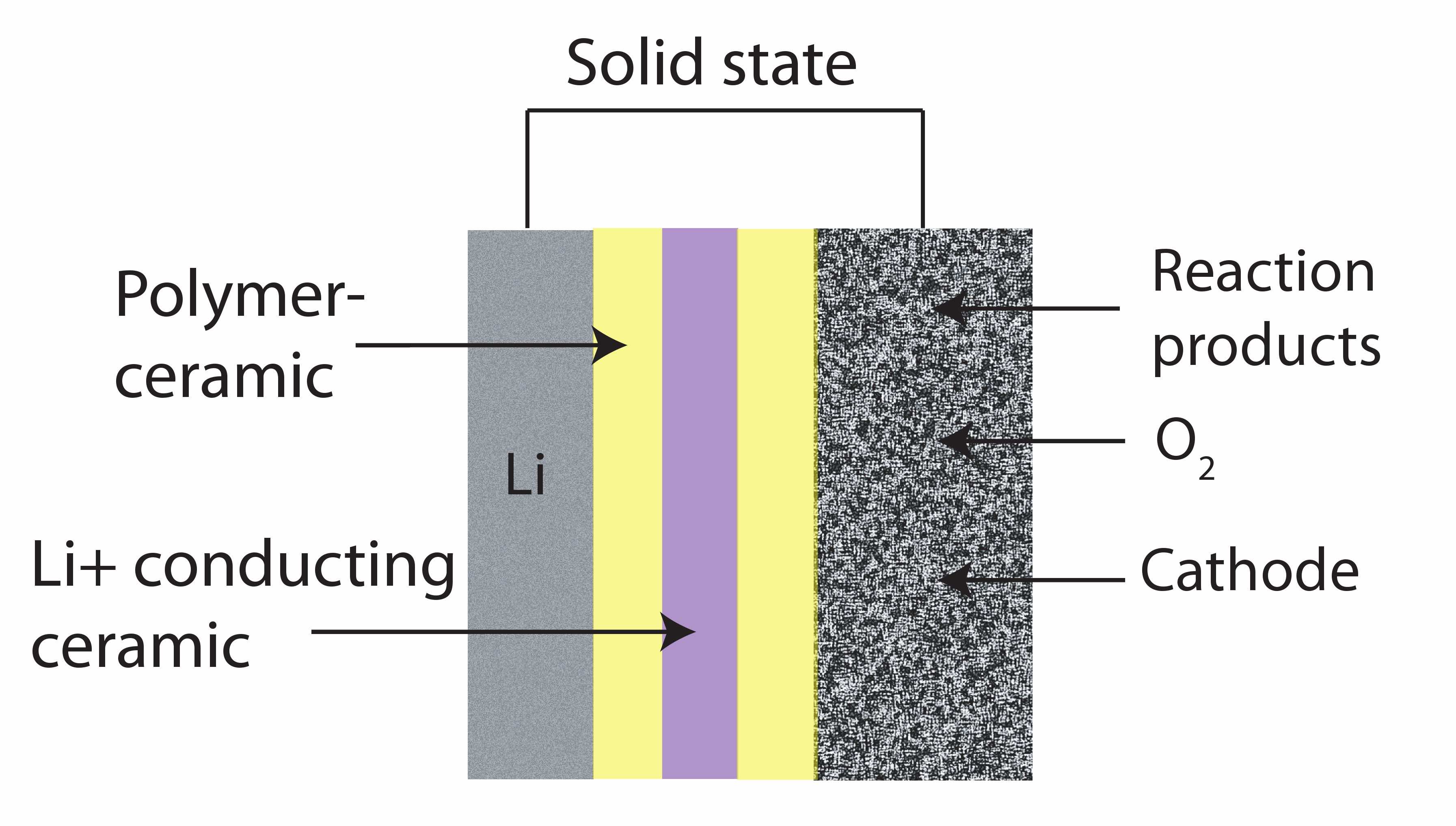Battery woes have dogged all smartphone users ever since touchscreens became popular. We even have to shut them off from time to time just to conserve battery, and maximum battery timing we can get from an average smartphone is close to two full days on a big Li-ion battery which is peanuts compared to what the previous, clumsier versions of mobiles were capable of achieving. But, the Li-ion batteries could see a significant upgrade in charge storage that will see it lasts five time more than the batteries of today. Yes, you heard it right! Five times!
An international collaboration of scientists and engineers have done combined research to make a working prototype of the new Lithium batteries. They are calling it Li-Air instead since it releases Oxygen into the air as it is being consumed. You can see the initial experiment and related developments here.

The contemporary design uses Lithium Peroxide for this purpose. We know that a battery is composed of a usually metallic Cathode, metallic solution and an anode. Oxidation occurs at anode and reduction takes place at the cathode. The solution used in it is an Anode metal solution which in this case, has Lithium ion. Now Lithium peroxide is not a very good reactant with Lithium, and the ability to do this is reflected in the capacity of the battery. The new tech uses Lithium Superoxide to store energy instead. The peroxide creates an ion that has two valence electrons and is, therefore, difficult to bond with while superoxide only has one. So, it is easier to dissociate the anode into the solution and release considerable energy for us to use.
The battery tech also has the advantage of being a closed-system like any other battery, so we don’t have to provide an intake of Oxygen. Everything that is produced by the reactions can be stored inside and used reversible when needed. So we just have to charge it like any other battery we have used. Although the tech is far from perfect, there are high hopes for this research and it will inevitably lead to better battery technology!


